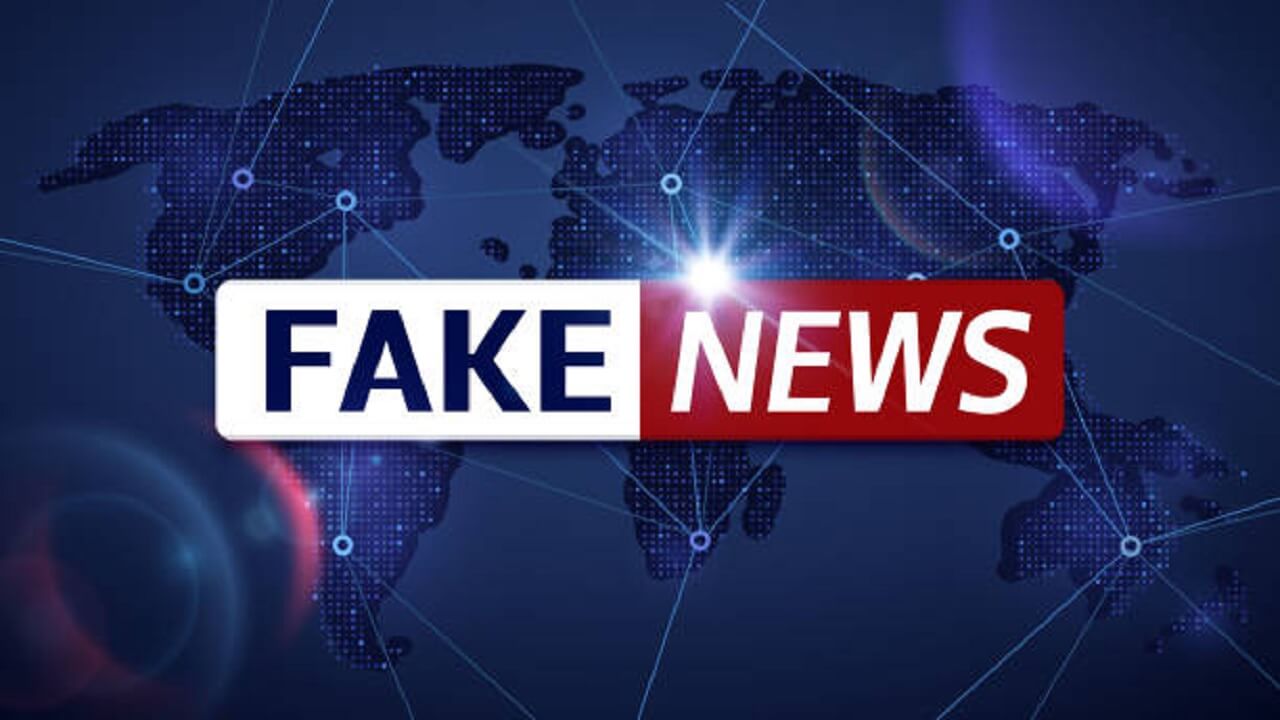The Battle Against Misinformation: Strategies for Pakistan

Pakistan’s loose social media regulations have allowed anti-state groups to openly promote agendas detrimental to the country’s interests. To battle against misinformation, Pakistan should consider introducing network enforcement laws like those in other countries to safeguard national security and stability.
A government agency in India has announced new rules to monitor and fact-check social media posts related to government matters. The Ministry of Electronics and IT also updated the IT Rules 2021 to include this change in a notification dated 21 March 2024.
Under these rules, organizations serving over 5 million users in India, including tech companies, must make “reasonable efforts” to prevent the spread of misleading information about the government. In 2019, the Press Information Bureau’s fact-checking branch was also established to debunk false information about government affairs.
The Battle Against Misinformation: Strategies for Pakistan
Several countries, including Germany, Russia, the United States, the United Kingdom, China, India, Turkey, and Malaysia, have enacted laws to combat disinformation, hate speech, and fake news. These efforts also include fact-checking initiatives and media literacy programs to help people recognize and address misinformation. Pakistan could benefit from adopting similar measures to tackle the spread of harmful media content.
The country’s rapidly growing population and increasing internet usage underscore the importance of robust regulations. With over half of Pakistan’s population using mobile broadband and the internet, there’s a heightened risk of disinformation from foreign sources due to limited fact-checking training and media literacy.
Pakistan faces security challenges from terrorism and external adversaries, making it susceptible to information manipulation. There is an urgent need for legislative action to combat disinformation, hate speech, and false news, which pose significant threats domestically and internationally.
Pakistan has also been targeted by disinformation campaigns. Recently, DisInfo Lab uncovered a 15-year effort that aimed to sway global opinions against Pakistan. Social media trends also show a significant presence of hashtags originating from India, spreading misinformation about Pakistan.
Unchecked dissemination of false information on social media platforms threatens Pakistan’s stability and security by fueling propaganda and inciting violence. Research also indicates high exposure to disinformation among university students, highlighting the need for action to protect democracy and electoral processes.
To address these challenges, Pakistan must implement strict social media laws to counter misinformation and propaganda. This includes promoting media literacy. There is also a need to provide fact-checking training for journalists to combat false news effectively.
Protecting national unity is crucial, and implementing regulatory changes is in line with Pakistan’s National Security Policy 2022-26. Strengthening network enforcement laws and promoting media literacy will help Pakistan resist external influences, foster economic growth, and improve public welfare.
See Also: Corruption Exposed: Fake Pakistani Passports and ID Cards Scandal
PTA Taxes Portal
Find PTA Taxes on All Phones on a Single Page using the PhoneWorld PTA Taxes Portal
Explore NowFollow us on Google News!